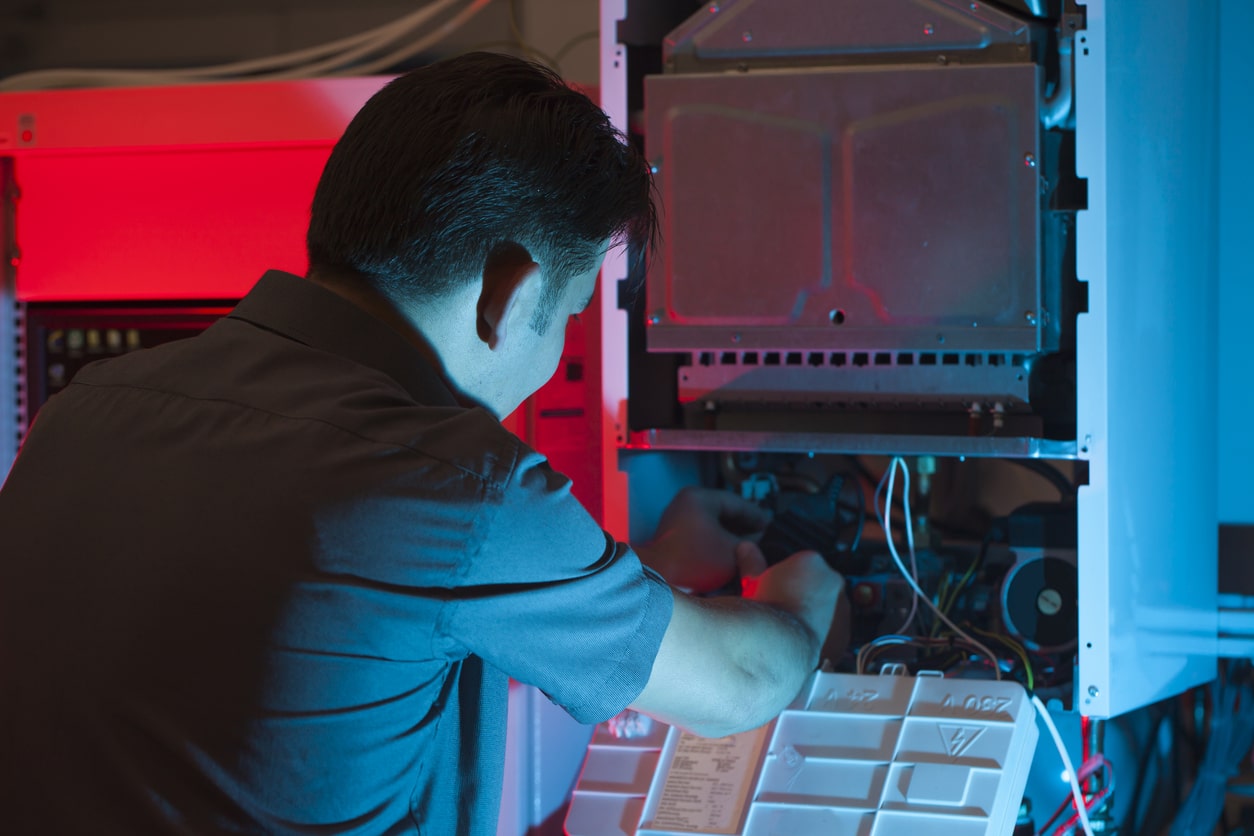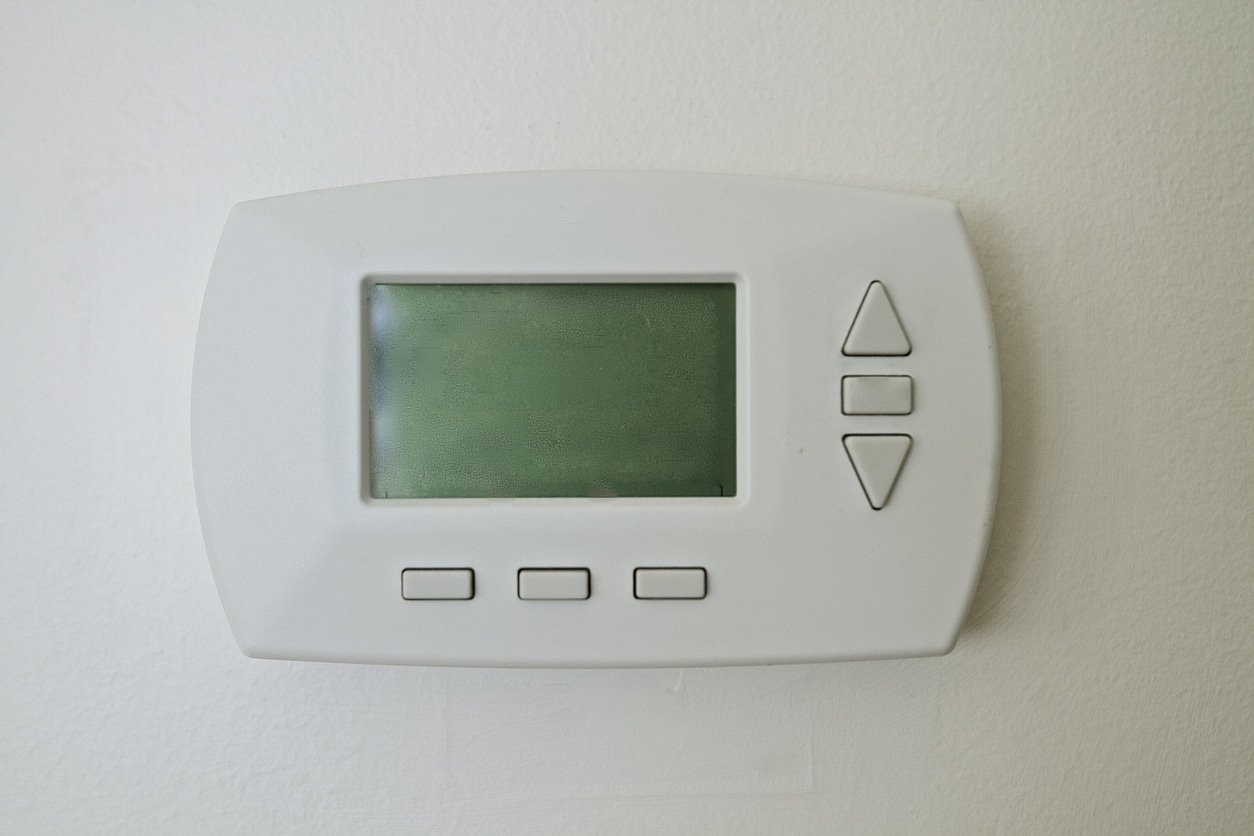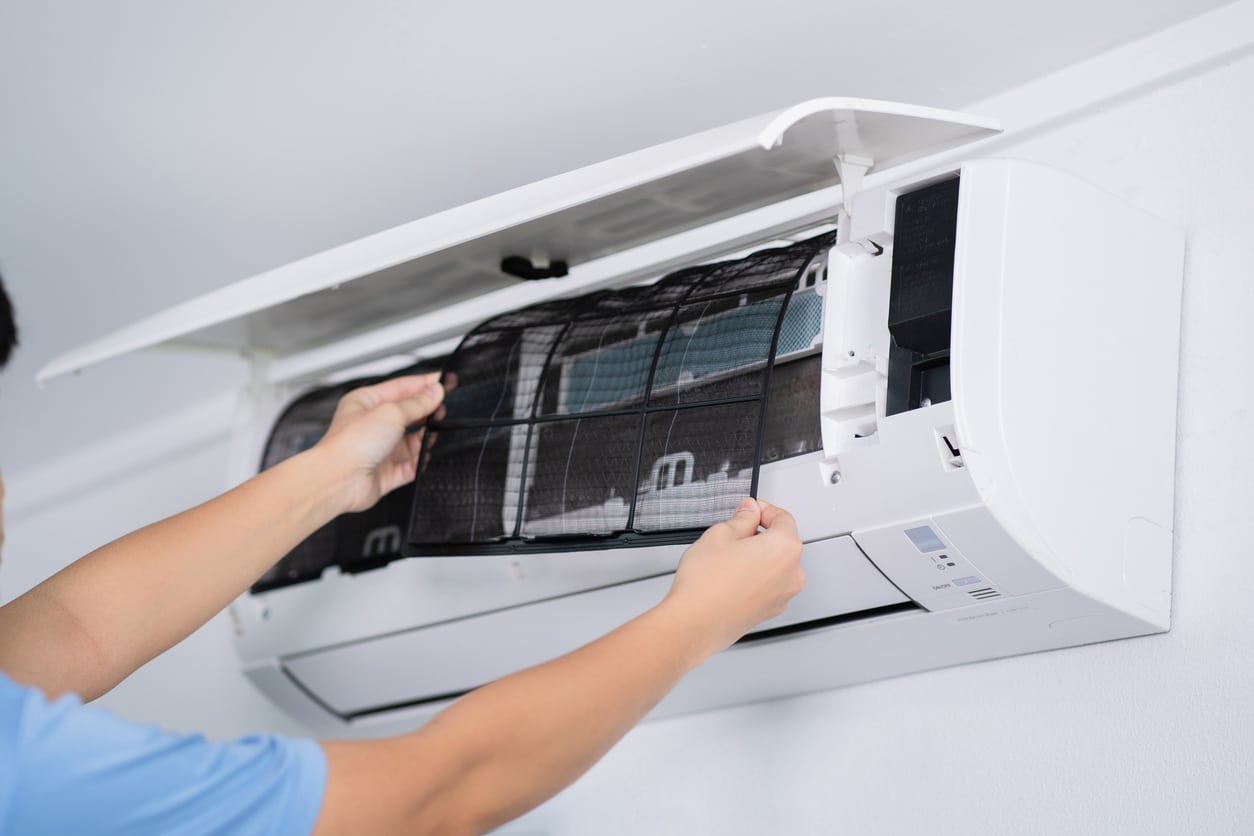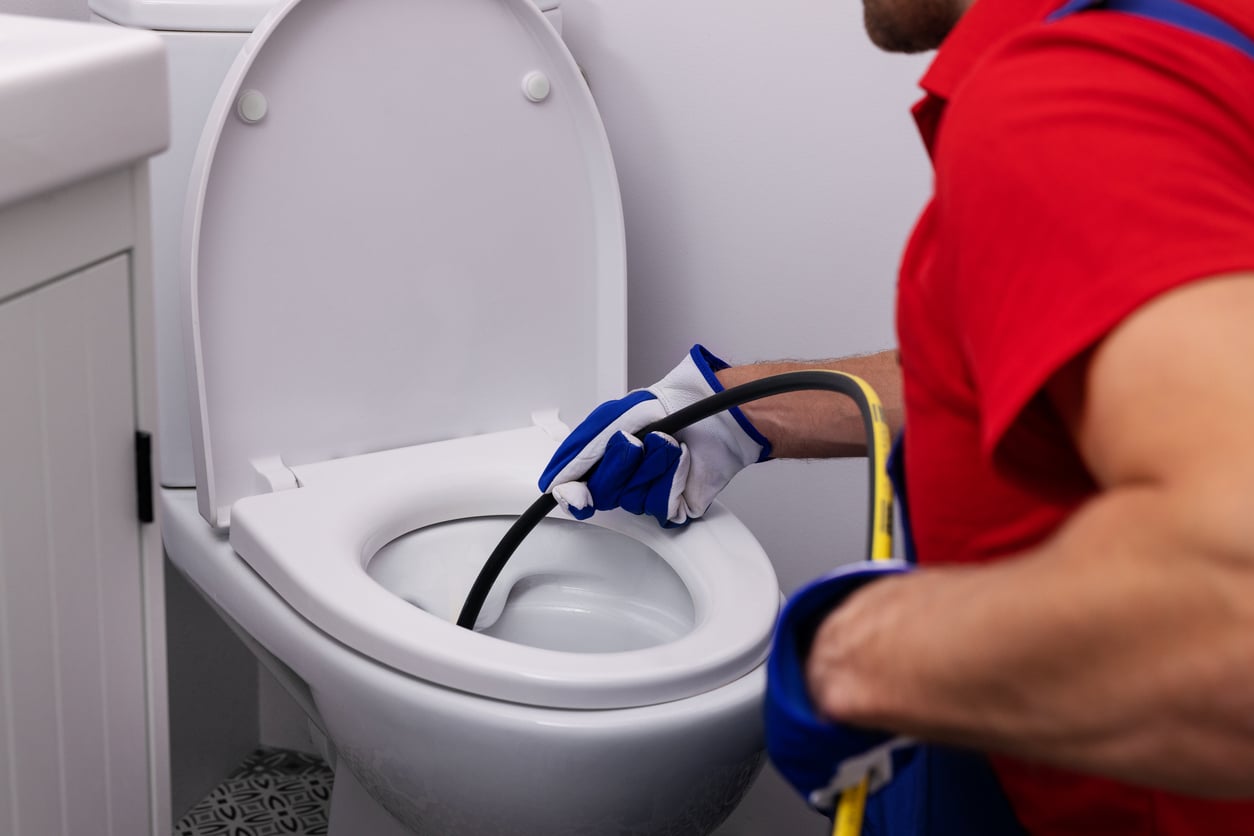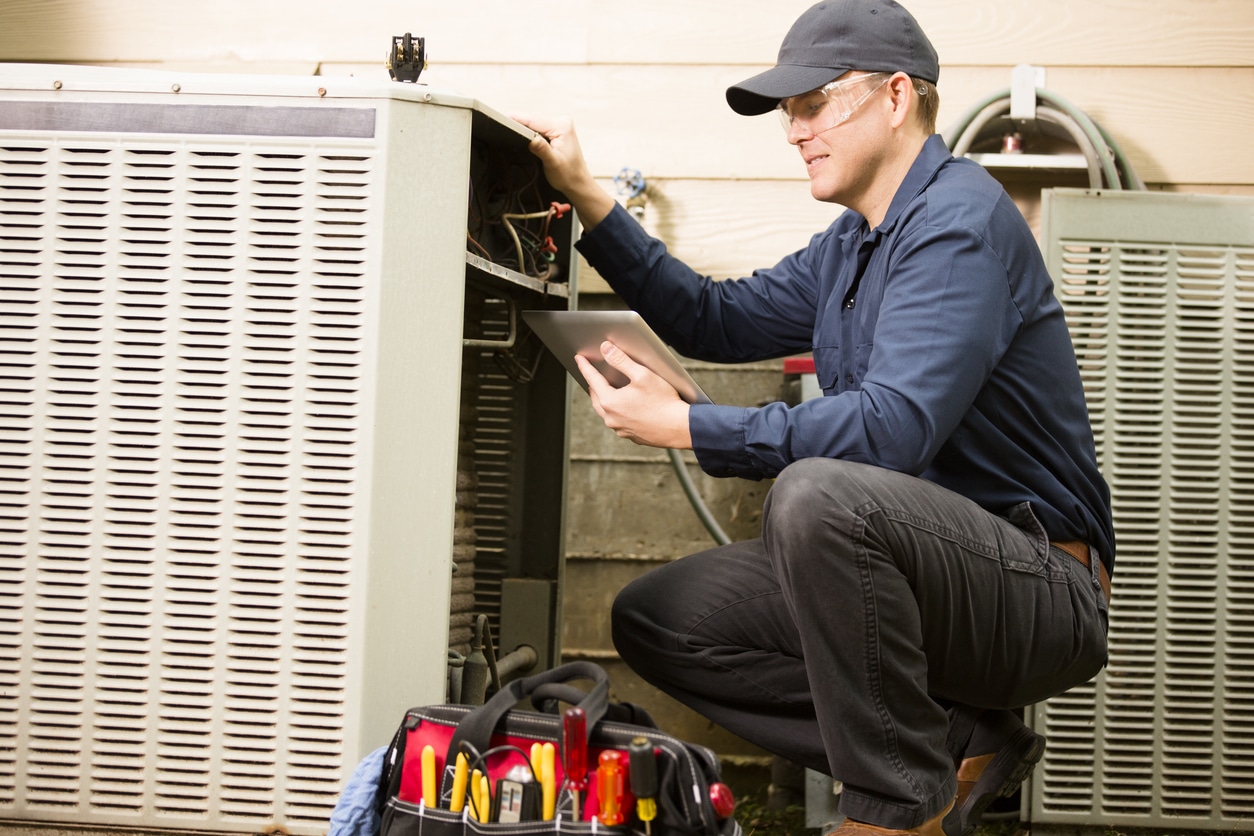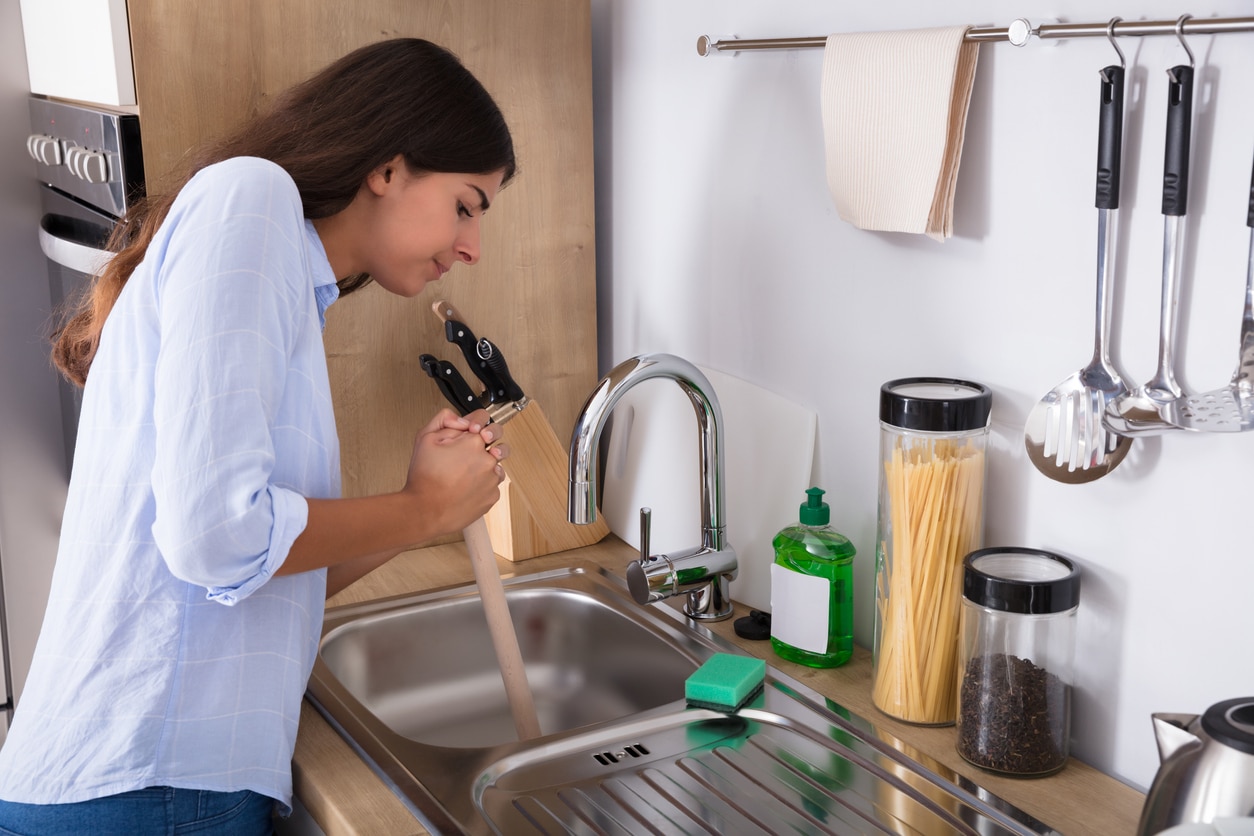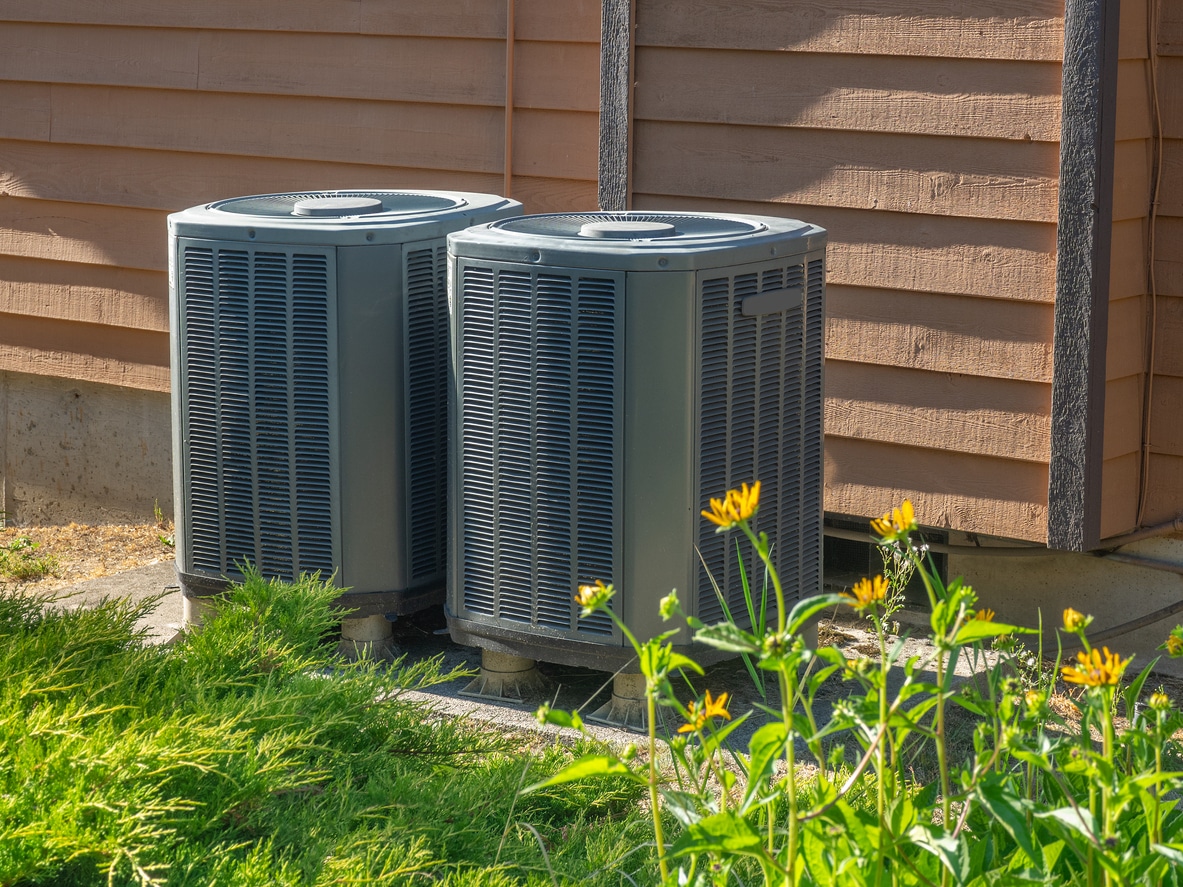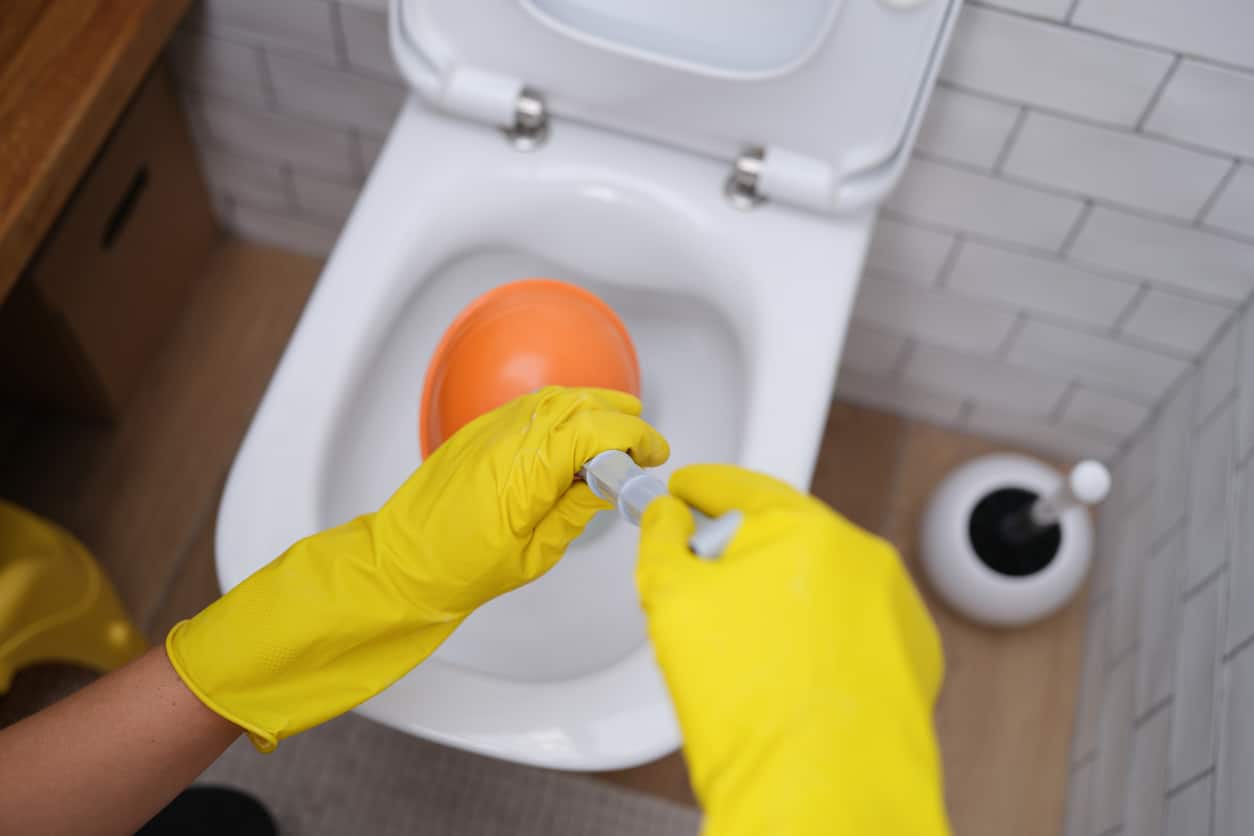Water heaters are indispensable in our daily lives, providing the comfort of hot showers, warm water for dishes, and hot water for those tough laundry stains. According to the US Department of Energy, almost every home in the country has a water heater, but most of them are getting old. When water heater issues arise, they can disrupt our routine and comfort.Thankfully, there are many things we can do to avoid disruption and keep the hot water flowing through our homes. Here, the team at Reliability Home Services will explore common water heater problems in Maryland homes and offer DIY troubleshooting tips while also highlighting when it’s time to call in the professionals.
Recognizing the Signs of Water Heater Problems
Before diving into solutions, it’s essential to recognize the signs that your water heater may be malfunctioning. Common indicators include inconsistent water temperatures, strange noises from the tank, water discoloration, and decreased water pressure. If you notice any of these issues, it’s time for some troubleshooting.DIY Water Heater Troubleshooting Tips
Inconsistent Water Temperature
If you’re experiencing fluctuating water temperatures, check the thermostat on your water heater. It should be set between 120°F and 140°F for optimal performance. Adjusting it can sometimes solve the issue.Strange Noises
Sediment buildup in the tank can cause popping or rumbling noises. Draining and flushing your water heater annually can prevent sediment from affecting its efficiency and lifespan.Water Discoloration
Rusty or muddy water can indicate corrosion or sediment buildup inside your tank. Flushing the tank may help, but if the problem persists, it might be time for a new water heater.Decreased Water Pressure
Low water pressure can be caused by sediment clogging your water heater’s lines. Check and clean the aerators on your faucets. If this doesn’t improve water pressure, the issue may be more extensive and require professional attention.When to Call a Professional Plumber
While many water heater issues can be resolved with some DIY know-how, certain problems require professional intervention. If you encounter complex issues, such as leaks from the tank or base, contacting a professional is crucial. Reliability Home Services specializes in water heater repair and replacement, ensuring your home’s water heating system operates efficiently and safely.Leaks
Water pooling around your heater is a sign of a leak. This could stem from various sources, including the tank, connections, or valves. Leaks often require a professional assessment to determine the cause and execute the proper fix.Complete Loss of Hot Water
If your water heater fails to produce hot water, it could be due to a failed heating element, a tripped breaker, or a malfunctioning thermostat. These issues are best diagnosed and repaired by a skilled technician.Age and Efficiency
Water heaters typically have a lifespan of 10 to 15 years. If yours is approaching or has surpassed this age range, and you’re noticing frequent breakdowns or inefficiencies, replacing it might be more cost-effective. Reliability Home Services offers energy-efficient models that save you money in the long run.Frequently Asked Questions About Water Heaters
Why Don’t I Have Hot Water?
The lack of hot water can be due to several reasons, including a malfunctioning heating element (in electric heaters), a faulty gas pilot light, or a tripped circuit breaker. First, check to ensure the heater’s power source is active. If the problem persists, it may require a professional diagnosis.
Why Does My Water Heater Leak?
Leaks can be caused by various issues, such as a loose connection, a failing pressure relief valve, or tank corrosion. It’s important to promptly identify the leak’s source to prevent further damage. Some leaks can be fixed by tightening connections, but tank leaks often indicate the need for a replacement.
Why Is My Water Heater Running Out of Hot Water Quickly?
This could be due to an undersized water heater, excessive sediment buildup reducing the tank’s effective volume, or a malfunctioning heating element. A professional can help diagnose the cause and suggest the best course of action, such as tank flushing, element replacement, or upgrading to a larger unit.
What Temperature Should My Water Heater Be Set At?
The recommended setting for most households is around 120°F. This temperature is hot enough for daily use while being energy efficient and safe to prevent scalding.


